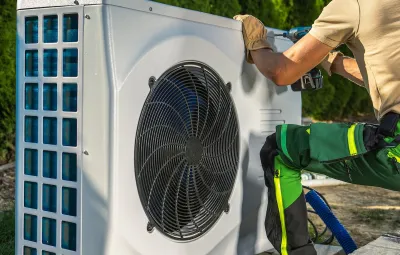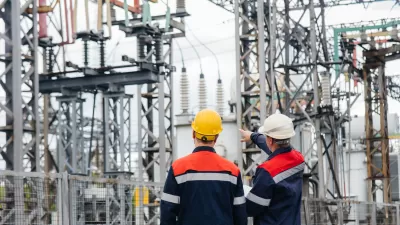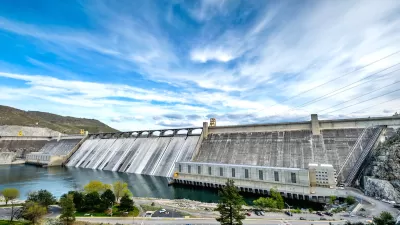A new MIT study finds that transitioning residential heating from natural gas to electric heat pumps can significantly reduce carbon emissions and operational costs.

A recent MIT study highlights the potential benefits of transitioning residential heating from natural gas to electric heat pumps. This shift could significantly reduce carbon emissions and operational costs across both the electric power and natural gas sectors. The research underscores the importance of electrifying buildings, especially in colder regions where heating demands are substantial, as a crucial step toward decarbonizing the U.S. energy system.
As reported by Nancy W. Stauffer, the study utilized a comprehensive modeling framework to assess the impacts of various levels of residential heating electrification. Findings indicate that increased electricity demand from heat pumps can be managed effectively by the power sector, leading to net reductions in overall emissions. Simultaneously, the natural gas sector could experience decreased demand, resulting in lower operational costs and emissions.
Implementing this transition requires careful planning to address challenges such as infrastructure investments and grid reliability. However, the study suggests that with strategic coordination between the electric and natural gas industries, electrifying residential heating presents a viable pathway to achieving significant environmental and economic benefits.
FULL STORY: Reducing carbon emissions from residential heating: A pathway forward

Study: Maui’s Plan to Convert Vacation Rentals to Long-Term Housing Could Cause Nearly $1 Billion Economic Loss
The plan would reduce visitor accommodation by 25,% resulting in 1,900 jobs lost.

North Texas Transit Leaders Tout Benefits of TOD for Growing Region
At a summit focused on transit-oriented development, policymakers discussed how North Texas’ expanded light rail system can serve as a tool for economic growth.

Using Old Oil and Gas Wells for Green Energy Storage
Penn State researchers have found that repurposing abandoned oil and gas wells for geothermal-assisted compressed-air energy storage can boost efficiency, reduce environmental risks, and support clean energy and job transitions.

Private Donations Propel Early Restoration of Palisades Playground
Los Angeles has secured over $1.3 million in private funding to restore the Pacific Palisades playground months ahead of schedule, creating a modern, accessible space that supports community healing after recent wildfires.

From Blight to Benefit: Early Results From California’s Equitable Cleanup Program
The Equitable Community Revitalization Grant (ECRG) program is reshaping brownfield redevelopment by prioritizing projects in low-income and environmental justice communities, emphasizing equity, transparency, and community benefits.

Planting Relief: Tackling Las Vegas Heat One Tree at a Time
Nevada Plants, a Las Vegas-based nonprofit, is combating the city’s extreme urban heat by giving away trees to residents in underserved neighborhoods, promoting shade, sustainability, and community health.
Urban Design for Planners 1: Software Tools
This six-course series explores essential urban design concepts using open source software and equips planners with the tools they need to participate fully in the urban design process.
Planning for Universal Design
Learn the tools for implementing Universal Design in planning regulations.
Ascent Environmental
Borough of Carlisle
Institute for Housing and Urban Development Studies (IHS)
City of Grandview
Harvard GSD Executive Education
Toledo-Lucas County Plan Commissions
Salt Lake City
NYU Wagner Graduate School of Public Service





























